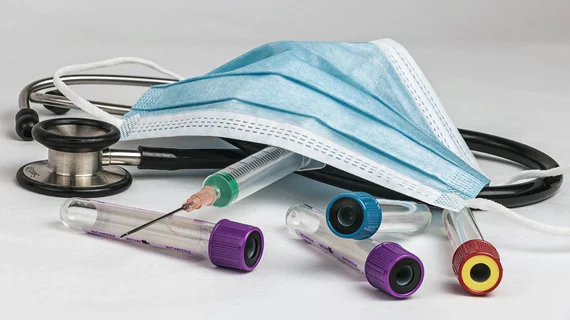Report reveals plausibility that COVID-19 leaked from Wuhan lab
A new report reveals that it’s plausible the COVID-19 leaked from a Wuhan lab, giving other calls for investigation into the origin of the virus new life.
The report, from Lawrence Livermore National Laboratory in California was prepared in May 2020 and was used by the State Department to investigate the pandemic’s origins, The Wall Street Journal reported.
The report adds to other calls for a deeper investigation into the origin of COVID-19. Coronaviruses often come from bats, camels and cats, and jump to humans upon evolving, according to the National Foundation for Infectious Disease (NFID).
While the report is more than a year old, it’s attracting fresh eyes since the Biden administration has called for further investigations into how the pandemic started. U.S. investigations have focused on “whether the coronavirus came from human contact with an infected animal or from a laboratory accident,” the WSJ reported.
Calls for more investigations heightened after it was revealed researchers from a Wuhan lab became seriously ill and were hospitalized in late 2019.
“What the government didn’t do in the early days and still hasn’t done is given us the transparency we need,” Secretary of State Antony Blinken said in a recent interview with Axios.

